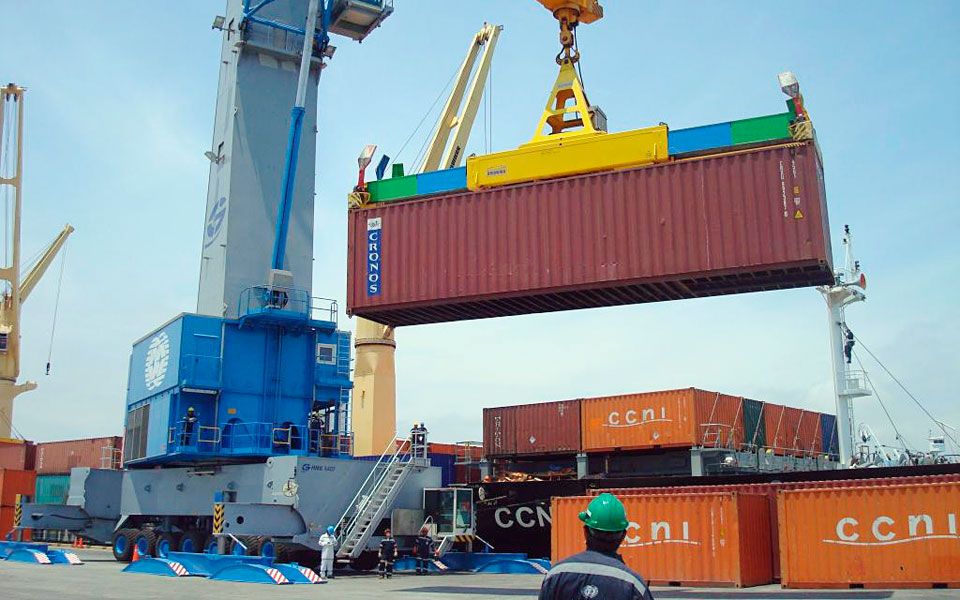Six Egyptian companies have been included in the Qualified Industrial Zones (QIZ) agreement with the U.S., a step that shall enable the North African country to unlock $5 billion in exports.
This brings the total number of companies under the agreement to 1,146 as of August 1st, 2022, a statement by the Egyptian ministry of trade and industry read.
Egypt is planning to maximise the potential of the QIZ agreement with the U.S. to boost its exports.
Last year, Egypt registered $1.2 billion in exports under the 2004-agreement, which grants Egyptian products duty-free entry into the U.S. provided they meet a minimum 10.5 percent amount of Israeli content.
The North African country has been working to expand the reach of the QIZ deal to include industries like ICT and food to align with the state ambitious plans to reach $100 million in exports in the coming years, a government source with knowledge told Amwal Al Ghad earlier in July.
It also seeks to expand the geographical areas covered by the QIZ to include more zones.
About QIZ Deal
In 1996, the U.S. Congress introduced the QIZ concept to build regional economic partnerships between Israel and neighbouring countries.
Jordan was the first to join the QIZ protocol after it had signed a peace treaty with Israel in 1994.
Although Egypt was the first Arab country to sign a peace treaty with Israel in 1979, it joined the QIZ protocol later in December 2004.
The Israeli content requirement under the QIZ protocol started at 11.7 percent but was negotiated down to be 10.5 percent as of October 2007.
Since the QIZ brought into effect in February 2005, it has allowed products jointly manufactured by Egypt and Israel duty-free entry into the U.S. eligible products must have at least 35 percent of their value added by QIZ factories.
Since the beginning of April 2017, authorities in Egypt started talks to lower the Israeli input requirement to 8 percent.
